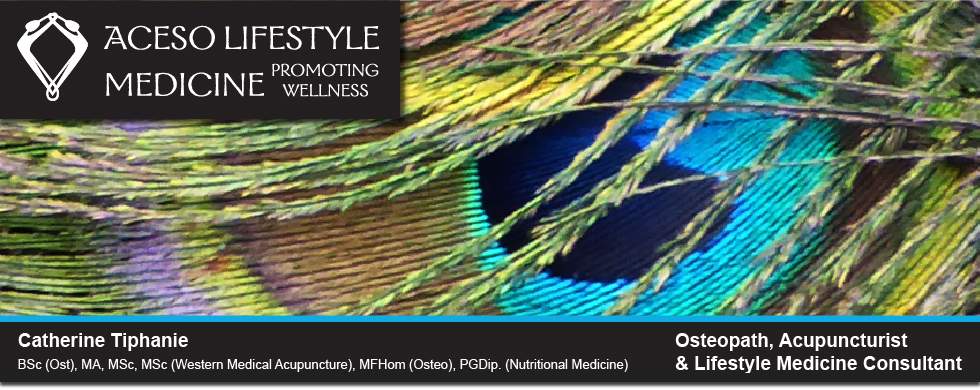
Nutrition
Nutrition is essential to life. Individuals and cultures have thrived on a huge variety of diets and nutritional practices – which have traditionally reflected food availability. In our modern world this is now no longer an issue for most populations, except for those in severely deprived circumstances. Modern day diet and nutritional practices now reflect global food availability, commercialism and the marketing of foods and supplements, as well as individual beliefs.
 Nutrition is now a subject of huge complexity,
Nutrition is now a subject of huge complexity,
and enquiring minds will appreciate the scope
of this by reading Marion Nestle’s book –
Food Politics: How the Food Industry
Influences Nutrition and Health.
Optimal nutrition need not be a complex scientific undertaking, IF we return to some basic principles.
- In order to maintain a healthy weight, do not consume more energy/calories than you use each day
- Eat a diet rich in fresh fruit and vegetables – aim for 10 portions a day
 Avoid processed foods – as this will avoid all those extra additives which we would not choose to put in our meals.These include additional and unwanted calories, preservatives and food colourings.
Avoid processed foods – as this will avoid all those extra additives which we would not choose to put in our meals.These include additional and unwanted calories, preservatives and food colourings.
If you live in UK, our bodies cannot make Vitamin D from the sun from the end of September to the end of March. The latitude of UK is too far north for the sun’s rays to be effective on our bare skin.Vitamin D is very important for the immune system, as well as for bone and muscle health. It is recommended by Public Health England, that all adults and children (over the age of 1) take a supplement of 10mcg of Vitamin D each day over the autumn and winter, and individuals with little sun exposure may benefit from taking this throughout the year
- Drink plenty of water throughout the day – your body may not be hungry, but those signals may be for hydration
My interest and training in nutrition involves understanding the complexities of diet and lifestyle over a lifespan. Physical demands on the body change, from the growth and development of children and young athletes, to the later challenges of nutrition and ergonomics during a busy working life. Demands on our time from careers, compete with the physical needs of the body – for optimal nutrition and exercise.
Later-life challenges include maintaining strength, balance and function, despite physical changes, and potential chronic diseases often associated with the ageing process. Nutrition and exercise are essential at this stage in our lives, to preserve lean muscle mass – which we require for balance and coordination, and the maintenance of independent living.

Copyright ©2012 - 2023 Catherine Tiphanie. All Rights Reserved. Privacy Policy
